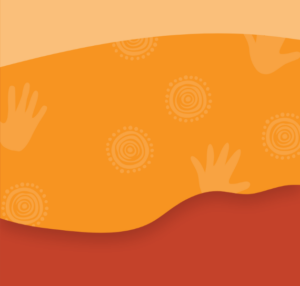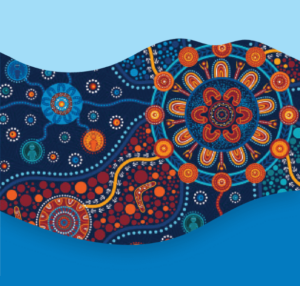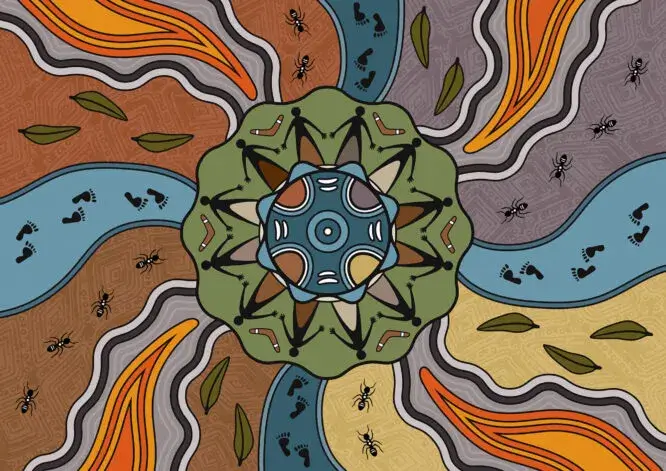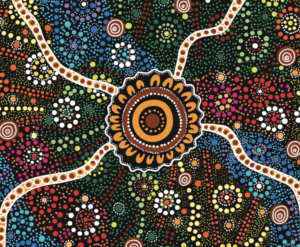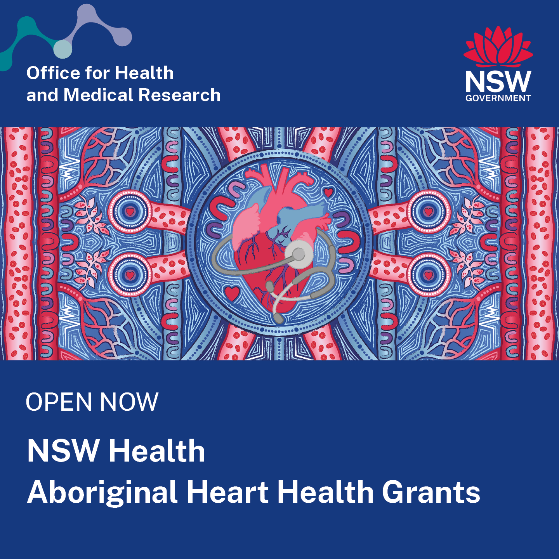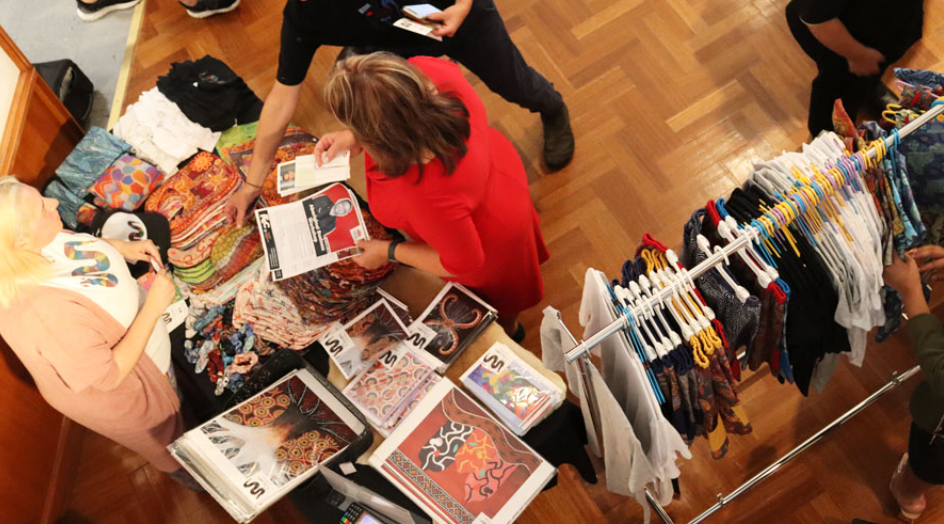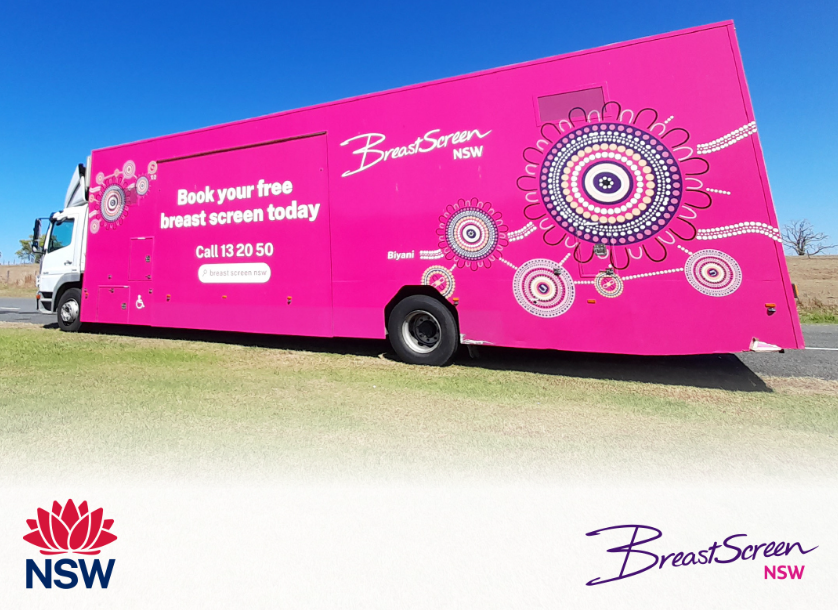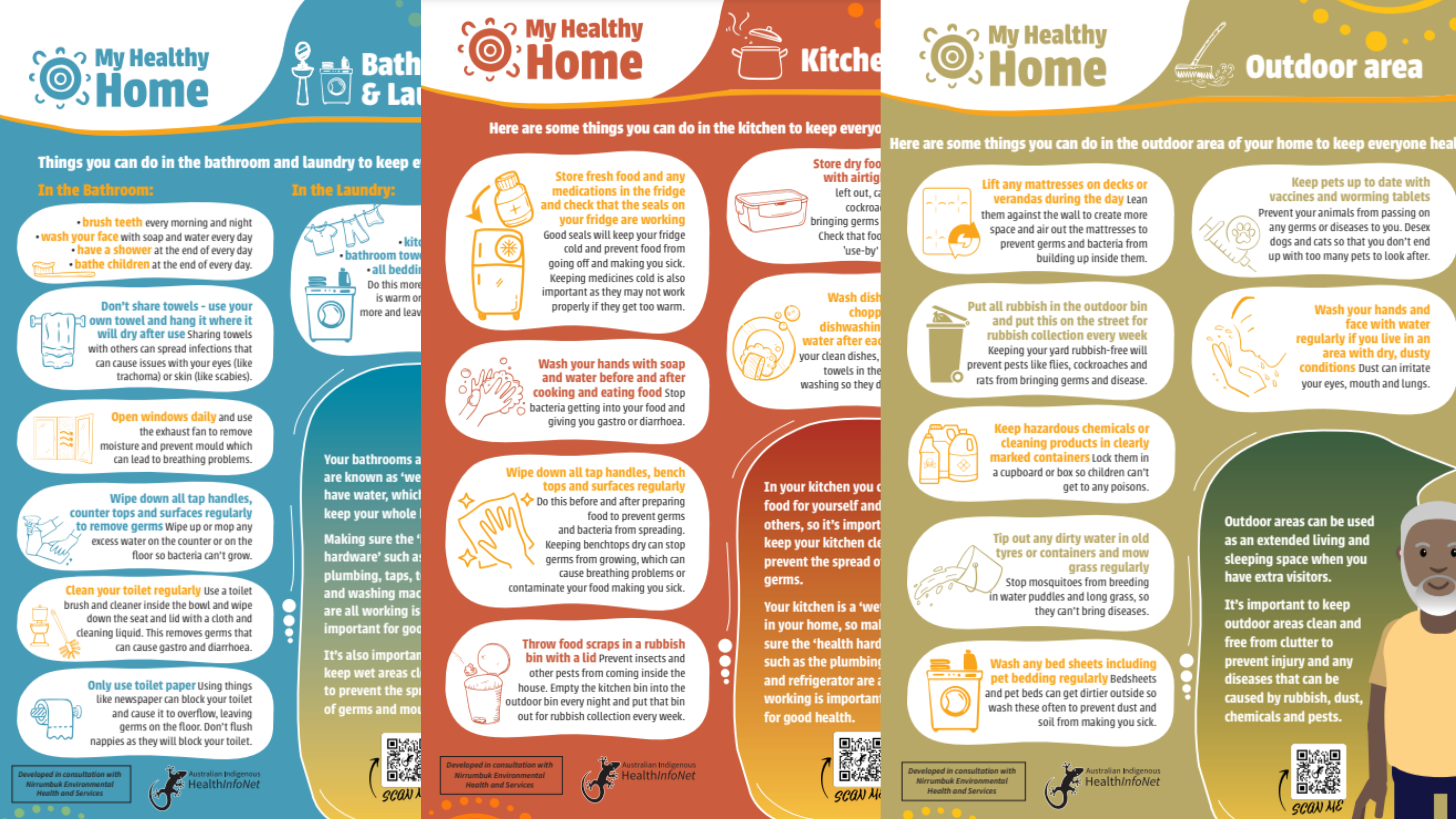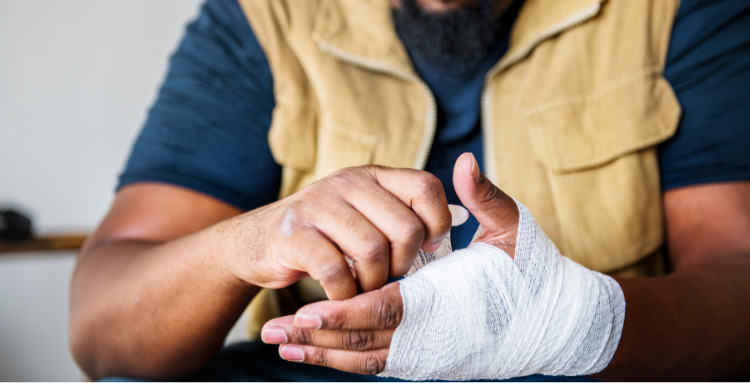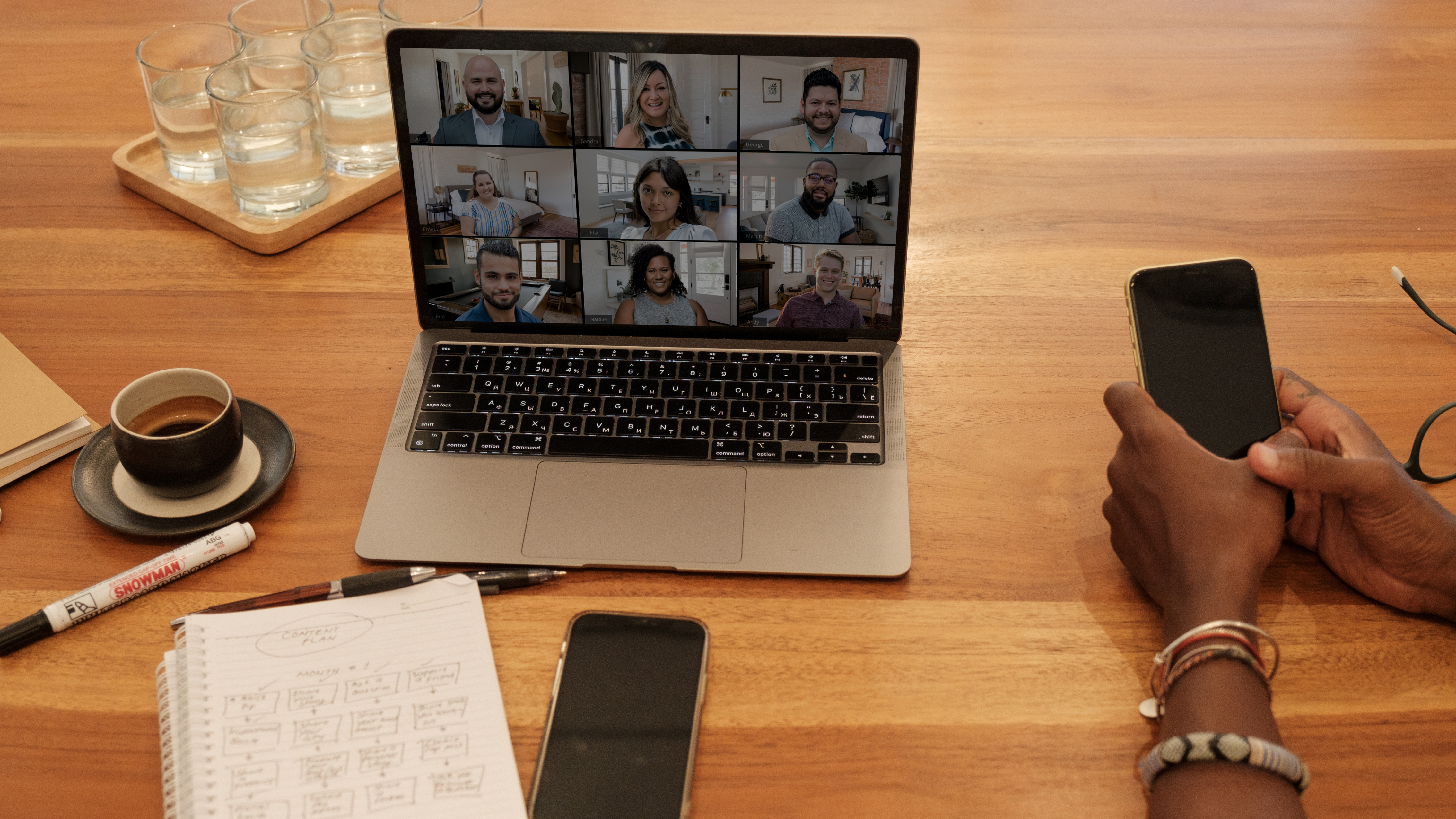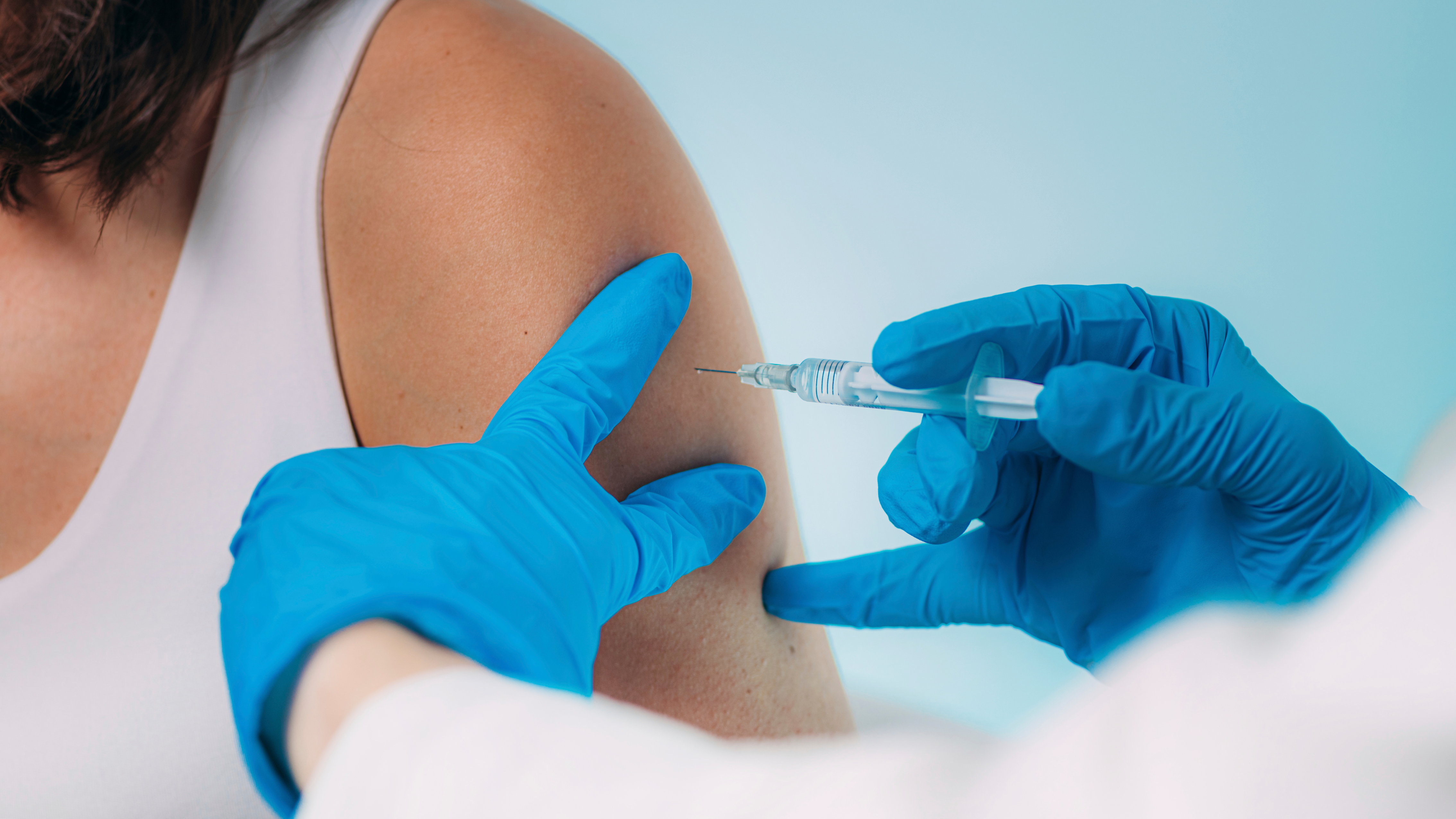Navigating Mpox and Doxy-PEP- RACGP Webinar
Date: Monday 30 September
Time: 7:30- 8:30PM AEST
As Mpox cases continue to increase, the RACGP is holding a webinar on Navigating Mpox and Doxy-PEP in your practice. This session will cover the current epidemiology, clinical management and the latest on vaccination recommendations, post-exposure preventive measures and contact tracing.
It will also explore the role of doxycycline post-exposure prophylaxis (doxy-PEP) in reducing bacterial sexual health infections (STIs) and its implications for antimicrobial resistance.
This one-hour webinar is open to all ACCHO staff who want to stay informed on Mpox and learn effective strategies for managing STIs in their practice.
To register or find out more, please click here.
Eye Health 2024 Webinar
Date: Wednesday 9th October
Time: 1:00pm – 2:00pm
NACCHOs Maternal and Child Health team are supporting the Eye Health and Children Webinar.
QUT experts Dr. Shelley Hopkins, Optometrist and Dr. Ann Webber, Clinical Educator – Paediatric Optometrist will look at:
- Vision tests for children in the maternal child health and 715 health checks
- Practical tips for performing these tests on infants and young children
- An overview of various school vision screening programs
Register for the event here .
Helping Mob Live Healthy and Prevent Cancer- NSW Health Webinar
Date: Tuesday 22 October
Time: 12:00PM – 1:00PM AEST
The Cancer Institute NSW is holding a practical Lunch & Learn session on using the Helping Mob Live Healthy and Prevent Cancer Toolkit, specially designed for people working in Aboriginal health.
This session will help build confidence and expertise to better educate our communities about:
- Cancer screening programs
- Accessing support services
This one-hour webinar is open to all ACCHO staff who are interested in learning how to make healthy living and cancer prevention a part of our everyday conversations with our communities.
To register or find out more about the webinar, click here.
A hard copy printed pack of Toolkit resources is available as part of registration!


